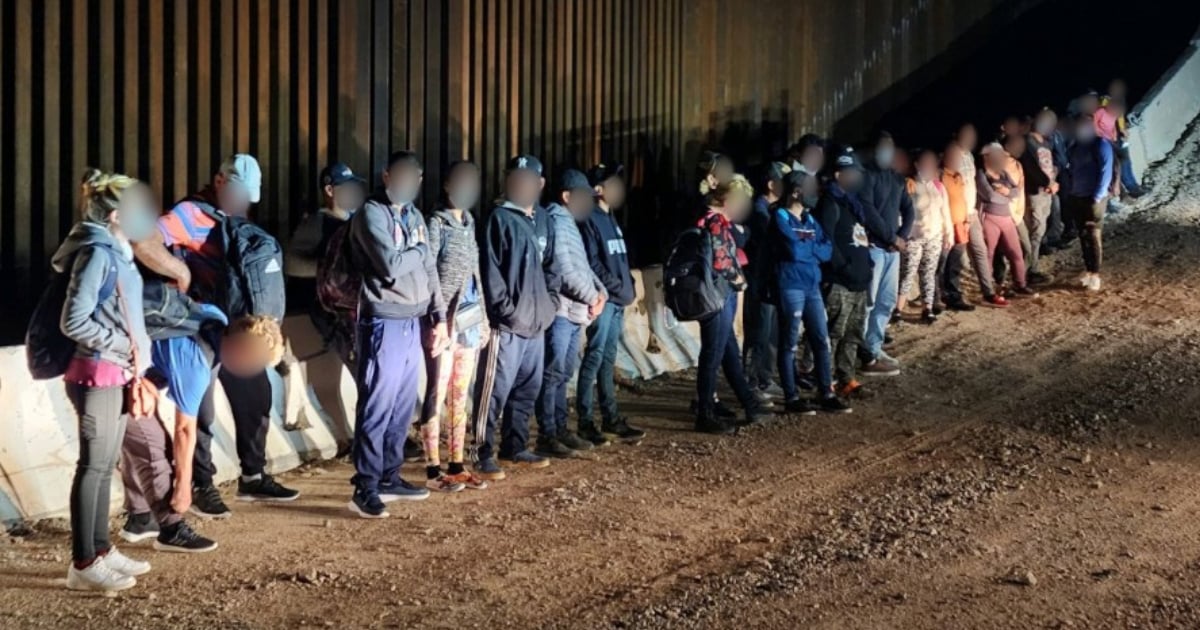
The Biden administration does not plan to extend the legal status of tens of thousands of Venezuelan migrants who arrived in the United States under the humanitarian parole program established by the president in October 2022 for nationals of the South American country.
U.S. officials confirmed to CBS News that starting this month, the parole status, which allows beneficiaries to live and work legally in the U.S. for two years, will begin to expire for the first groups of Venezuelans who arrived in October 2022.
Unlike other groups, such as Afghan and Ukrainian refugees, the administration has decided not to offer an extension of parole for Venezuelans, which will leave many of them in legal limbo.
In October 2022, Biden approved the sponsorship program for Venezuelans, and in January 2023, he expanded it to include Cubans, Haitians, and Nicaraguans, in order to curb illegal crossings across the border with Mexico.
On October 13 of that year, the United States returned all Venezuelans who crossed the border without travel permission to Mexico.
The measure affects those who arrived in the country as part of that first group, benefited by the program known as CHNV.
The program offered Venezuelans a legal way to enter the United States, as long as they had a sponsor residing in the country.
By the end of August, around 530,000 people had entered under this policy, of which approximately 117,000 are Venezuelans.
The Department of Homeland Security (DHS) will instruct affected Venezuelans to apply for another immigration benefit or leave the country.
Some may qualify for Temporary Protected Status (TPS) if they arrived before July 2023, or try to apply for asylum, although only if they can prove persecution based on specific grounds.
The decision could generate criticism from migrant rights advocates, who argue that Venezuelans are being treated unequally compared to other groups that entered under similar conditions.
However, a month before the presidential elections, the measure could appease Republican critics, who have denounced the CHNV program as a way to circumvent the immigration processes established by Congress.
Last September, a spokesperson for the United States Department of Homeland Security (DHS) warned that migrants entering the territory from Cuba, Haiti, Nicaragua, and Venezuela under the humanitarian parole program will have only two years to regularize their immigration status, or they will be deported.
In 2023, a bipartisan legislative project similar to the Cuban Adjustment Act was presented, but for Venezuelans, which would grant permanent residency in the United States to thousands of immigrants from that nation.
What do you think?
COMMENTFiled under: